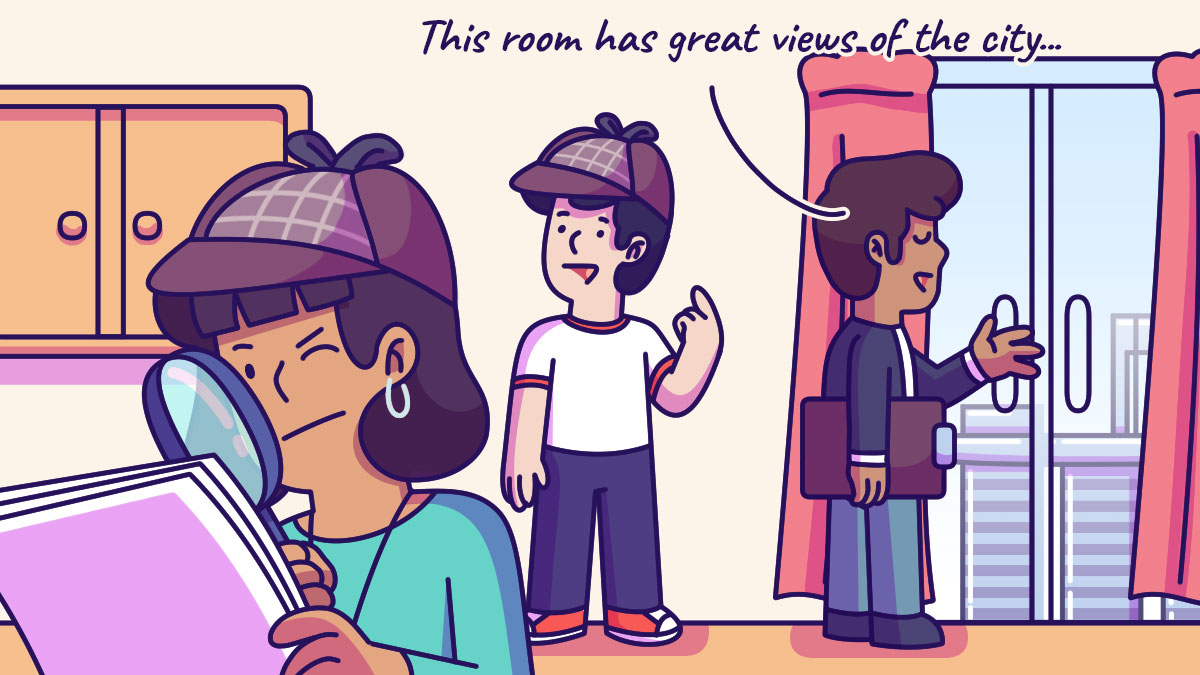Purchasing property and obtaining a mortgage in Singapore involves several steps, including local regulations, financial requirements, and property types.
When buying public property, you must check if you are eligible, then you must also figure out your financial capacity.
We provided a step-by-step guide to help you understand the process.
Step 1: Determine your eligibility
Always check if you're eligible to purchase property in Singapore.
There are restrictions on foreign ownership, especially for landed properties and subsidised public housing (HDB flats).
Only the following groups are eligible to purchase HDB flats:
- Singapore Citizen (SC) or
- Permanent Resident (PR)
You will also need to qualify to be eligible to purchase:
- You must be at least 21 years old to purchase with a family nucleus.
- For single who are unmarried or divorced, you need to be 35 years old (except for windowed, or an orphan can be 21 years old.)
As public residential housing (HDB) is heavily subsidies by the government, foreigners are not eligible to purchase.
Non-residents are generally allowed to buy condominiums without prior approval but need approval from the Singapore Land Authority for other types of property.
Step 2: Assess your financial capacity
This is an important step before you start to search for your dream home on property websites like propertyguru or find an agent.
You will waste your time and effort if you go searching without first understanding your buying power!
Budgeting
Consider your budget and financial capacity. This includes your ability to pay the down payment (typically 20% to 25% of the purchase price for private properties, of which at least 5% must be in cash) and ongoing mortgage payments.
Additional Costs
Account for additional costs such as the Buyer’s Stamp Duty (BSD) and Additional Buyer’s Stamp Duty (ABSD) where applicable, legal fees, and property taxes.
Mortgage Loan
Shop around for a mortgage. In Singapore, you can get a loan from banks
or financial institutions. The loan amount and interest rates may vary based on your credit history and financial health. Note that the Total Debt Servicing Ratio (TDSR) framework in Singapore restricts your total monthly debt obligations (including your new mortgage) to a maximum of 55% of your gross monthly income. Get your IPA (in-principle approval) at this point to ensure that you know exactly how much you can afford and your future repayments. Nothing beats knowing your buying power and budgets first!
Step 3: Property search, viewing, and making an offer
Start searching for properties that fit your criteria and budget. Viewings can be arranged through your agent or through direct contact with sellers for properties listed online.
Once you find a property you want to buy, you can make an offer.
If accepted, you will pay a nominal option fee (often 1% of the purchase price) for an Option to Purchase (OTP), which gives you the exclusive right to purchase the property within a specified time frame (usually 14 days). Of course this is just the general rule of thumb.
When in doubt seek professional advice!

Step 4: Secure financing
For HDB:
HDB has very detailed explanation on your eligibility, it’s part of the process of getting your HFE, or HDB Flat Eligibility.
While optional if you are well versed with the paperwork, HDB provides a step-by-step guide on how to purchase without an agent.
It's often beneficial to work with a real estate agent, especially if you're unfamiliar with the paperwork or market. They can help you find properties, negotiate prices, and guide you through the purchasing process.
For private properties:
Check with a trusted property agent to help assist you in understanding and ascertaining your buying power.
If you don't have a property agent, you can walk into a bank and speak to their representative to get your eligibility assessment done, which is also known as an In Principal Approval.
The banks will then look and advise on your buying power. Do take note, when banks issue an IPA, it is typically only valid for 30 days and a reapplication is needed once that time lapses.
Step 5: Complete the sale and get your keys!
If you decide to proceed, exercise the OTP by signing it and paying the remaining amount of the down payment. Your lawyer will handle most of the paperwork, including the registration of the property and payment of stamp duties.
After completing the sale, the remaining amount of the purchase price is typically financed by your mortgage loan. You'll start making monthly payments according to the terms set by your mortgage provider.
Once all payments are settled and the legal paperwork is complete, you can take possession of the property, also known as key collection day.
Always check if you are financially capable of purchasing the property
When embarking on the journey of purchasing property, it's crucial to assess your financial ability comprehensively before diving into the market.
Collaborating with a trusted property agent, especially one who is a friend, can provide you with tailored advice and a personalized experience. This agent can guide you through complex financial assessments and property valuations, ensuring that you fully understand your buying power.
Understanding your financial limits and mortgage options upfront is also key to a streamlined property search.
It prevents the common pitfall of setting unrealistic expectations or wasting time exploring properties beyond your budget.
Knowing your financial standing not only saves time but also positions you to act swiftly and confidently when you find the right property. This approach ensures a more efficient, focused search and can help in negotiating deals that align with your financial goals.











